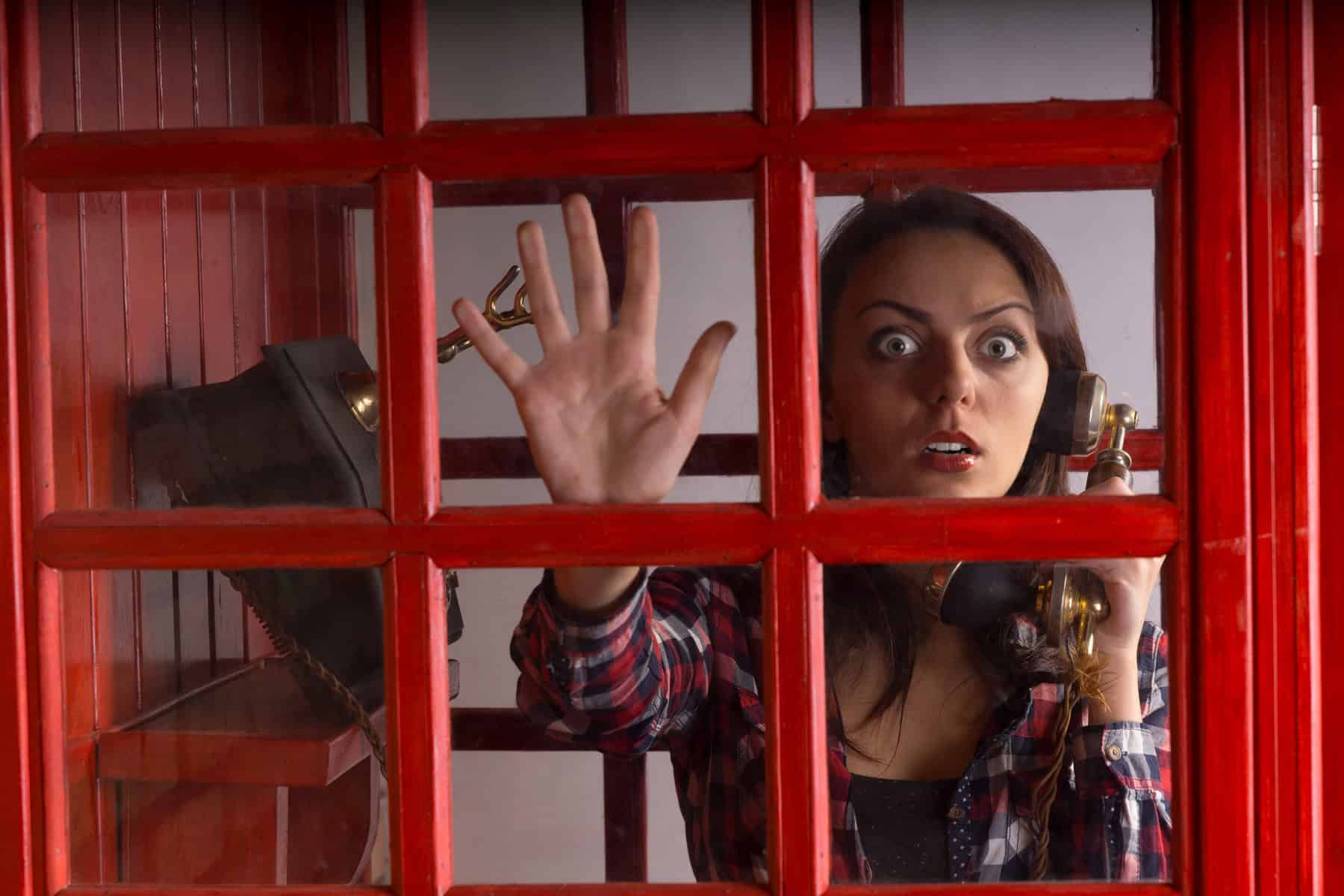Dr Redelinghuys said telephobia presents as a form of social anxiety.

The phone is no longer just the phone. It’s becoming the damn phone.
This, because the massive amount of spam that South Africans are being subjected to has created substantial anxiety, particularly amongst Gen Zs. But it doesn’t exclude the rest of us.
Telephobia, or the fear and concomitant anxiety associated with speaking on the phone, has become a recognised condition and a sign of modern times.
While the condition was first discussed in psychological circles in the 1990s, it has gained momentum recently with global search spikes for the term, according to netnographer and cultural trends analyst Carmen Murray, recorded in June 2023, July 2024, and March 2025.
Murray said that the pandemic played a major role in reshaping how people communicate.
“During lockdown, people became used to messaging platforms like WhatsApp, Teams and Slack. Direct phone calls started to feel disruptive and often unwanted,” she said. It’s now embedded in popular culture.
Phone call anxiety is real
Phone call anxiety is not limited to inconvenience.
According to Murray, increased robocalls, scam attempts using AI-generated voices and unlabelled call centre numbers add to this.
In South Africa, the trend is compounded by what Murray called Hassle Culture, where frequent unsolicited calls and aggressive marketing have made consumers wary.
“There’s reputational risk now when you call someone. Trust in the phone as a communication tool is eroding.”
And all this has contributed to widespread distrust.
“Many companies now call from mobile numbers too, which are often the same format scammers use,” she said.
ALSO READ: Why are we so negative? An expert answers
Outside of personal preferences, South African consumers report high volumes of unsolicited calls.
Murray said that there isn’t a day that goes by when she isn’t hassled several times by pretend-familiar salespeople trying to push their wares.
“They come in waves, and if you don’t answer the first time, the robot just keeps calling you until you give in,” she said. “This, despite POPIA, despite strict regulations, they just do whatever they want with no consideration to the consequences or impact on someone else’s day.”
Spam calls are shortsighted
Psychologist and medical doctor Dr Jonathan Redelinghuys said that hammering consumers with calls is short-sighted.
“The aversion that an individual can develop towards a certain product or brand can become more damaging to a business than the actual call was worth,” he said.
Murray said that the result is that people have stopped answering altogether. That is, unless they know the person on the other end of the line.
Dr Redelinghuys said telephobia presents as a form of social anxiety.
“Not seeing someone’s face or body language during a call creates uncertainty. People fear being misunderstood, judged by their tone, or freezing mid-conversation,” he said.
He agreed that telephobia may be fuelled by past experiences.
“Some people associate phone calls with bad news. Others are self-conscious about their voice or feel they need a script to handle live interactions. Others just feel it spoils their day and gets their blood boiling when it is the umpteenth sales call in a day.”
ALSO READ: Huawei unveils Pura 80 series smartphones with innovative camera system [VIDEO]
Text is best
This avoidance of Alexander Bell’s invention is increasingly visible in younger workers, said Murray.
A 2024 Uswitch survey found that 61% of 18 to 34-year-olds prefer texting or WhatsApps to phone calls, and 23% of them never answer unknown numbers.
In the UK, coaching sessions have been introduced to help students overcome phone anxiety.
“They’ve grown up using asynchronous communication,” said Murray, “where responses can be thought through and edited. A phone call does not allow that level of control,” she said.
The impact is also being felt in the workplace. Dr Redelinghuys said that communication expectations are changing, but not everyone’s on the same page.
“In some environments, avoiding calls can affect job interviews, client meetings, or collaborative work. It’s important to recognise that these habits don’t mean someone is unprofessional. It could just be that their communication style is different.”
Murray added that in the absence of POPIA enforcement against harassment, consumers are beginning to automate their own defences.
“Apps that block spam or screen unknown numbers are now standard. Increasingly, people are setting their phones to silent by default and choosing to engage on their own terms. If at all.”
She said that as businesses automate client interactions, consumers will follow suit.
“Agentic AI will allow users to deploy personal assistants to handle calls, negotiate services, and interact with companies directly.”
Dr Redelinghuys said it is important for businesses and institutions to adapt.
“Phone calls are still useful in many cases, but the way people use them is changing. Understanding these behaviours is essential if we want to maintain clear communication across generations.”
NOW READ: Never say these 7 things on a first date






